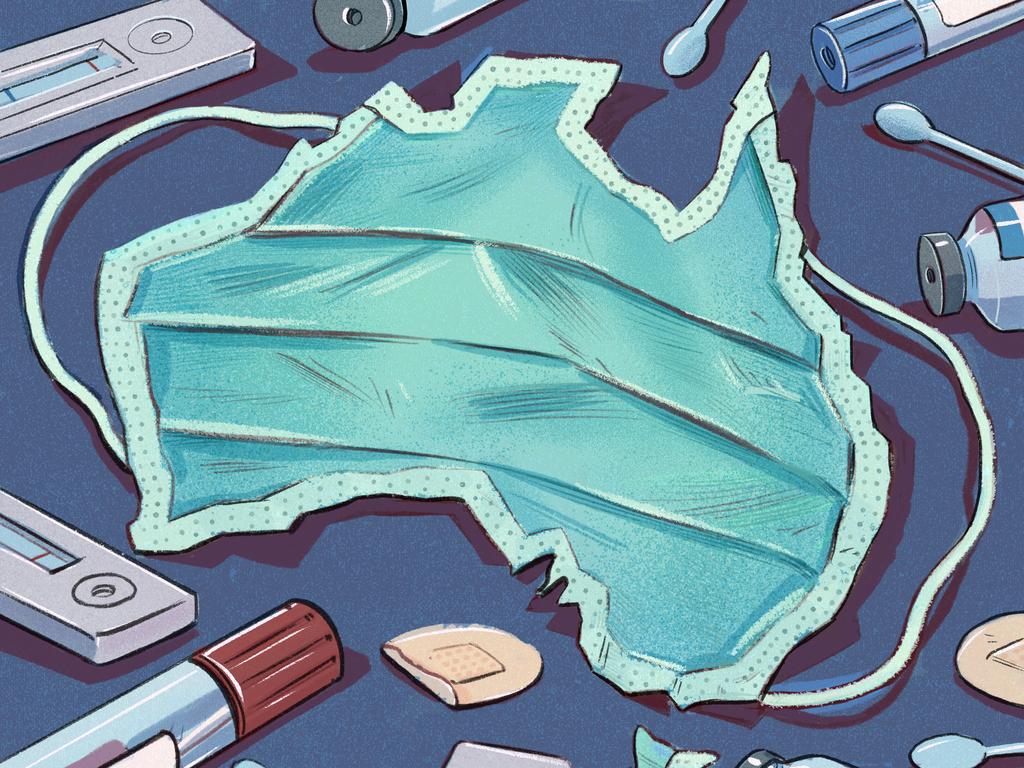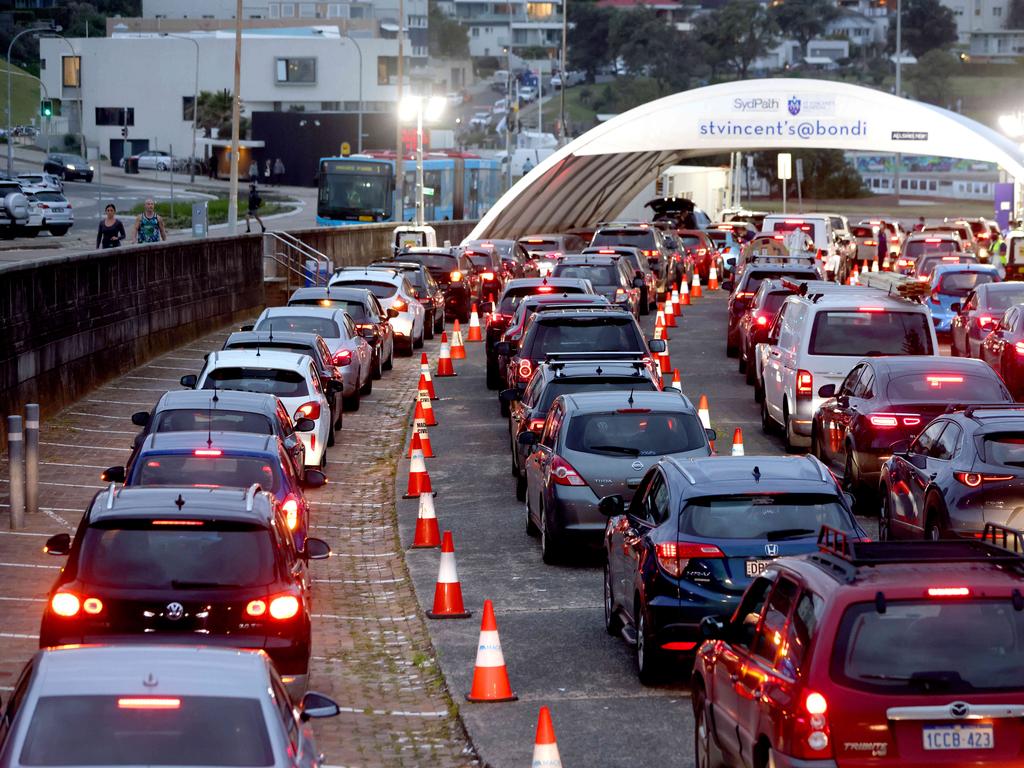Flawed argument unmasks hypocrisy and irrationality

Seatbelts have long been compulsory. The debate to make them more than an optional safety extra was highly contested, but not any more. The US was slower to make seatbelts compulsory, and similarly the anti-mask mandate campaign has been louder in the US.
But what exactly are they fighting against? Democratic societies curtail liberties all the time, calculating that doing so protects individuals from themselves and each other. Free societies give citizens certain positive freedoms, but such opportunities come with personal responsibilities too.
Paying taxes, obeying the law (within reason) and adhering to cultural norms (again, within reason) are part and parcel of living in a community.
Masks help prevent the community spread of Covid. Especially when used within enclosed areas. They do this by protecting the wearer and bystanders. If someone unknowingly has Covid, wearing a mask helps protect others from them. It effectively doubles the protection of other mask-wearing citizens going about their business.
While in ordinary times I’m all for the notion of personal responsibility when it comes to wearing a mask – choose to protect yourself; don’t if you’re not fussed – these are anything but ordinary times.
Not only are we in the midst of a global pandemic, but the new Omicron variant is highly contagious, airborne and spreading fast. Masks matter and mandates help make them more effective. Citizens have a duty of care to one another to wear masks in public, certainly in enclosed spaces.
That means political leaders have a public policy duty to mandate masks, in the event that some citizens won’t fulfil their social contract and do so willingly. Anyone railing against mask mandates should consider just how reasonable such mandates are in the context of wider societal norms.
We mandate seatbelts, yet doing so barely impacts on others. Governments do it because the science is overwhelming that it protects people from themselves. Seatbelts are about saving yourself; masks help save others too.
Most jurisdictions have banned indoor smoking in public areas for the same reason: to protect citizens from passive smoke and its harmful effects. Doing so happens to also protect smokers from themselves to a certain extent, but the primary goal is societal protection.
The same goes for why we have speeding and drink-driving limits, and why we tax alcohol and cigarettes higher than other goods. Sin taxes are on the rise. We are yet to go down this path, but a sugar tax is a live option being looked at around the world to help fight obesity.
Prohibitions are also in place for certain products, such as many drugs. We have age limits on all manner of adult rights, and for good reason. These include curtailing individual freedoms to protect others, such as age-based consent laws.
Civil societies do these things because rights are never absolute. Responsibilities matter just as much. For some, the vaccine is the seatbelt, making masks an optional extra. I just don’t agree.
Indeed, why we have vaccination mandates for certain professions and certain vaccines should be a more contestable discussion than mask mandates. Notwithstanding their obvious benefits. Forcing people to stick something into their arm and banning them from societal human rights leaves me infinitely more uncomfortable than mask mandates. Yet there are people who die in a ditch arguing against masks but not vaccines.
Hats and sunscreen are encouraged via education and awareness campaigns, but it is not compulsory to wear a hat or put on sunscreen. The lines can blur when it comes to parental responsibilities over minors in this regard, but for the most part this is a personal protection that doesn’t harm others if you don’t do it.
The sunscreen and hat-wearing line in the sand for policymakers, between freedom of choice and duty of care to protect people from themselves, hasn’t tipped over the way it did for seatbelts. Perhaps one day it will.
And herein is perhaps why opposing mask mandates has become “a thing”.
Self-appointed freedom warriors have chosen it as their battleground in a broader campaign against individual rights being curtailed. But their logic and intellectual justifications aren’t sound and hypocrisy abounds.
Yes, it is true societies such as ours have become more swift at stifling individual freedoms. Lockdowns and border closures can be debated on this basis. The importance of the collective has trumped individualism for politicians in the modern era chasing majorities. This worries some small-“l” liberals, but they aren’t choosing their battle wisely when picking mask mandates.
So where do we limit the state’s duty to protect us from ourselves and each other? Helmets became compulsory on motorbikes long before they were made compulsory on non-motorised bicycles, the reason presumably being that a helmet was more necessary the faster you went. Eventually sanity prevailed and governments mandated helmets on all bikes.
Few might realise wearing helmets in cars would, according to the research, drastically reduce death and injury in car accidents. Most such injuries are head-forced traumas, which is why airbags all around passengers continue to become more streamlined as a safety feature across car manufacturers.
If governments really wanted to go the whole hog and protect anyone driving or riding in a car, they would mandate helmets, perhaps tethering them to individual seats in cars as must-wear protection. Or, in the era of Covid and social distancing, carrying a helmet could be made compulsory, the way we are now required to carry ID or vaccination certificates.
But governments have so far deemed that goes too far. Again, one day that might change. Banning meat, for example, falls in this more extreme category. For now, doing so doesn’t pass the pub test when it comes to what citizens will bear, whatever the scientific evidence shows.
A major reason is because wearing a helmet in a car protects you, not others. The state has determined the protection doesn’t outweigh the curtailing of rights requiring helmets to be worn in cars would entail.
Politicians are public policymakers, but they also are answerable to the public. This construct is the very essence of liberal democracy. Imagine the blowback they would get from people were they to suddenly impose helmet mandates on everyone riding in a car, without a long lead time making the case for doing so.
Hairdos would be ruined, makeup too. The stifling effect on conversations and the like are too much to justify helmets in cars. This hypothetical scenario helps us understand why some are still fixated against mask mandates.
Plucky contrarianism is important, because without it the frog boils slowly. Giving up freedoms therefore shouldn’t be done lightly.
However, the scientific evidence is clear that masks in this pandemic serve an important purpose, even if some people can’t get their heads around the change. It is a big (and sudden) cultural adjustment, but these are unusual times.
Peter van Onselen is the political editor at Network Ten and a professor of politics and public policy at the University of Western Australia and Griffith University.






Why do some rational, law-abiding citizens take issue with mask mandates? I understand the notion of personal freedom, but the science tells us we have a responsibility to each other to wear masks even if we aren’t fussed about the risks not wearing one poses to ourselves.